Do the Mad Scientists Quoted in ‘Love Thy Body’ Watch Any Sci-Fi Films?
My wife and I are reading Nancy Pearcey’s Love Thy Body.
In this nonfiction work, Pearcey explores the notion of “personhood theory.” This oft-hidden belief divides mind/”person” from material/body. It’s a blatantly Gnostic religious view. And as Love Thy Body explores, it’s the theory is behind many of today’s social ills, such as abortion, transgenderism, euthanasia, and the entire sexual revolution with its worship of self-identity.
Also, as Pearcey shares in chapter 3, the theory is behind much real-world mad science.
Note that the term “mad science” is mine, not Pearcey’s. But I use it because so many of Pearcey’s quotes bring many dystopian and supervillain stories directly to mind. If these activists had advanced tech and a secret lab, they would—if they acted on what they claim—literally become mad scientists.
For example:
One of the most prominent advocates of transhumanism is geneticist Lee Silver of Princeton University. In Remaking Eden: Cloning and Beyond in a Brave New World, Silver spins out a scenario in which humanity will bifurcate into two separate races—genetic übermenschen (super-persons) who rule over untermenschen (sub-persons). The first group will become the controllers of society. The second group will become the low-paid laborers and service-providers.1
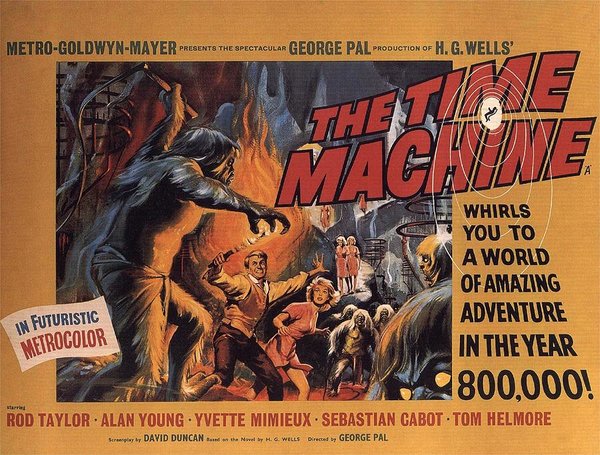
As Pearcey herself can’t help remarking, “This prediction calls to mind the plotline of countless dystopian novels and movies.”
Another:
. . . There are transhumanists who hope to transcend the body altogether. Ray Kurzweil, Google’s director of engineering, hopes that advances in artificial intelligence will enable us to download our brain to a computer, making possible a kind of digital immortality.
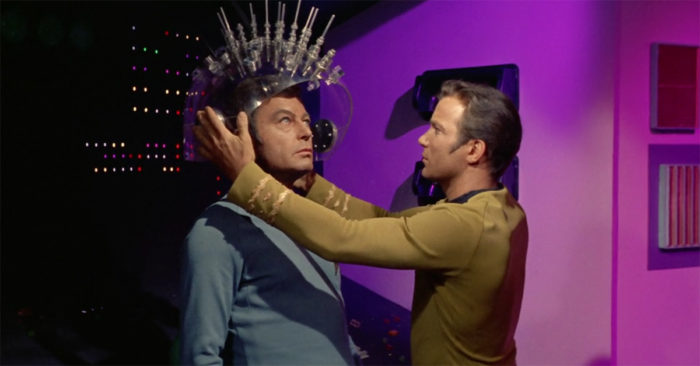
This last quote is the most overtly chill-arious:
Futurist James Hughes advocates what he calls “uplifting” chimpanzees genetically to give them human intellectual capacities . . .
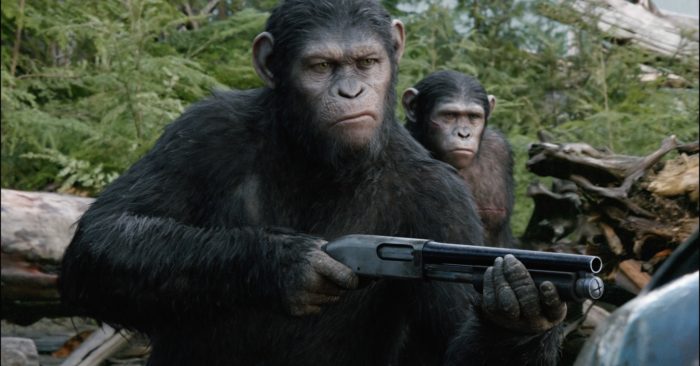
What are they thinking?
Are these folks at least somewhat self-aware? Have these advocates watched any sci-fi movies at all?
What would happen if someone came to these transhumanist activists to say, “Um, you do realize you are literally proposing the very same mad science that led to the terrible events in these speculative stories?”
I imagine the transhumanist activist would reply with something like, “Oh, come now. Those are only fairy tales. I’m about the real world.”
Which is, of course, exactly would a mad scientist would say.
- All quotes from Nancy Pearcey, Love Thy Body (2018), pages 98–99. ↩

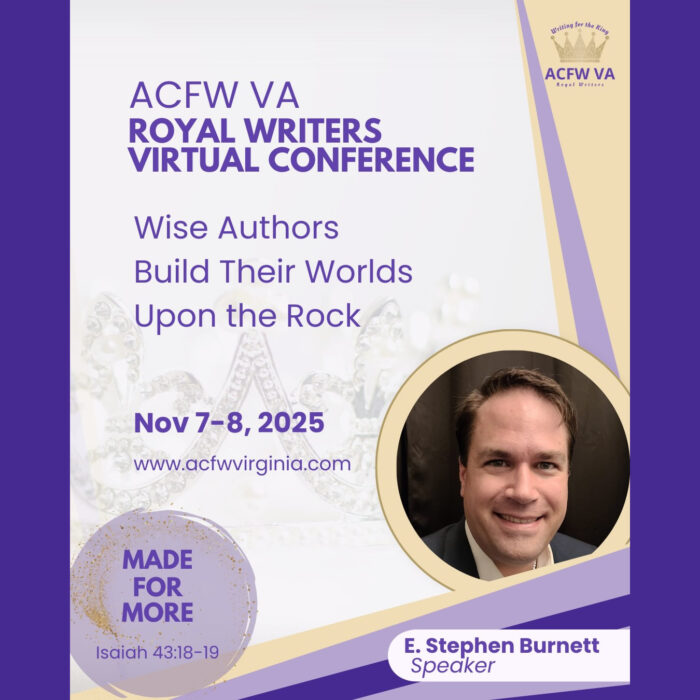
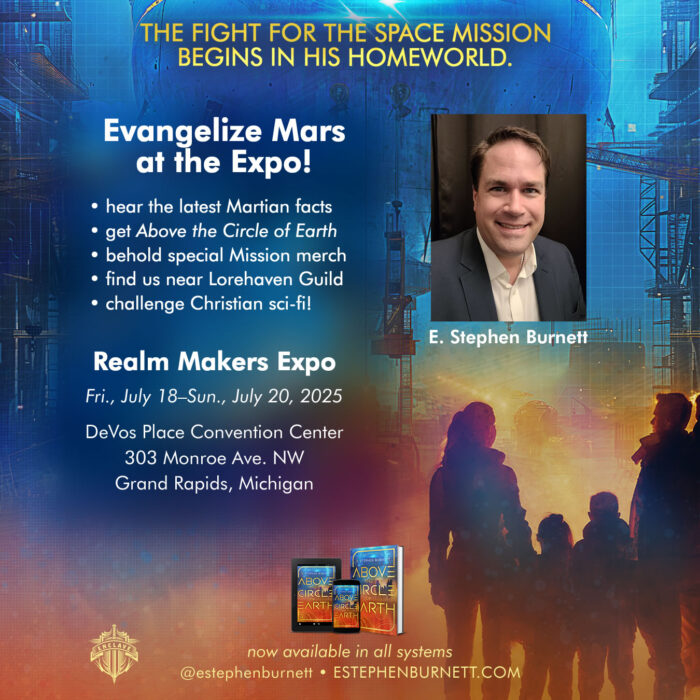









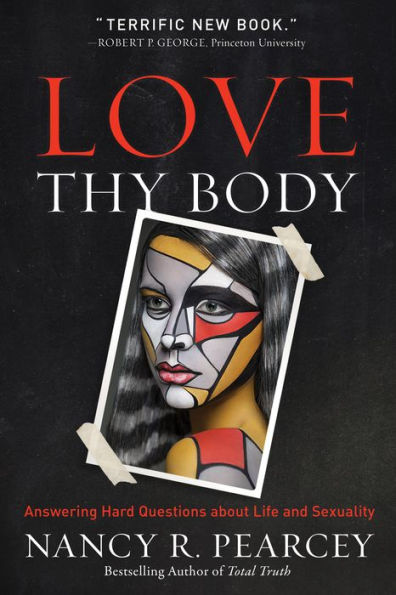
You have got to be kidding me. I recall a headline about scientists possibly cloning extinct species and all the Jurassic Park memes that followed saying, “We have two books and five movies about why this exact thing is a bad idea!” Actually, I notice a lot of headlines lately where I want to hand the scientist behind it a Michael Crichton novel. Someone make him required reading for science grad students, stat!
I saw those articles. Apparently, in no small irony, it is one of the scientists consulted for the Jurassic Park films leading the charge…
I’ve probably been more worried about how modern/futuristic technology affects privacy, personal autonomy, etc. People want a lot of these developments(like super advanced AI) because of its benefits, like stopping crime, helping paralyzed people, or even simply making better animated movies. And they think that they’ll be just fine because they’ve read all the dystopian novels and are sure that they’ll never work to use their inventions in a nightmarish way. And they probably won’t, but society will grow and develop in a way that uses the technology in a bad manner.
Not saying that people should stop developing technology altogether, but inventors, scientists, etc. should think more about the impact they will have. Also, consumers need to be speaking out more and voting with their dollar. It’s not an easy thing to do, but at the very least we need to think more about what permissions we give to certain websites. Even our operating systems are starting to gather more and more data. Even if you tell Windows 10 that you don’t want to use Cortana or install updates, it’ll probably keep nagging you(depending on what version of Windows 10 you have).
The very reason we keep having to write such stories as cautionary tales is because would-be mad scientists seem to need fresh reminders of the lessons in those tales. Maybe its a sort of tunnel vision that kicks on once the scientist is in the midst of research and discovery. Or maybe they just suppose they’ll not make the *same* mistakes.